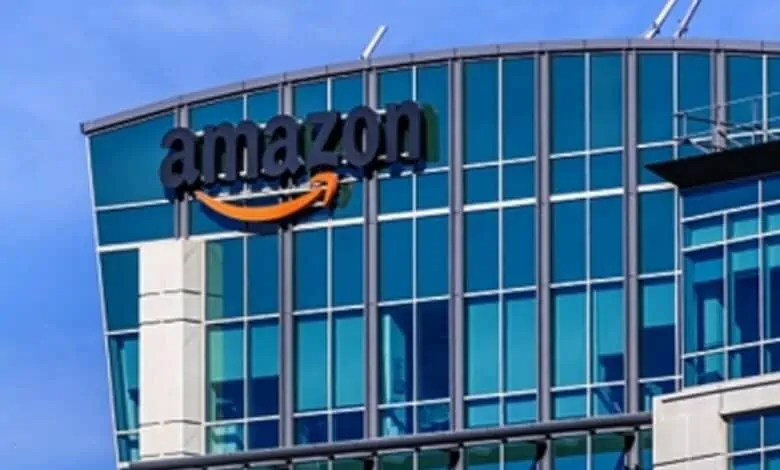“Discover how Amazon’s covert algorithm, ‘Project Nessie,’ reshaped e-commerce competition by strategically raising prices. Uncover the far-reaching implications for consumers, competitors, and the ongoing regulatory battle in this in-depth report.”
San Francisco, October 4, 2023: In a recent revelation, e-commerce giant Amazon was found to have deployed a clandestine algorithm, known as ‘Project Nessie,’ to assess how much it could increase prices on its platform. This covert maneuver allegedly played a pivotal role in boosting the company’s profits and reshaping the competitive landscape within the e-commerce industry.
As reported by The Wall Street Journal, citing redacted portions of the Federal Trade Commission (FTC) monopoly lawsuit against Amazon, the tech giant employed the ‘Project Nessie’ algorithm to strategically raise prices in a manner that induced competitors to follow suit. If rival retailers decided to maintain lower price points, the algorithm would automatically revert Amazon’s prices to their normal levels.
The implications of ‘Project Nessie’ were significant. It is alleged that this secret algorithm contributed to Amazon’s profit surge by artificially inflating prices across various shopping categories. This manipulation of pricing dynamics had far-reaching consequences, as it affected consumers, competitors, and the overall e-commerce market ecosystem.
Amazon’s Project Nessie
The Competitive Landscape
Amazon’s dominance in the e-commerce space has been undisputed for years, but this revelation casts a spotlight on the methods used to maintain that dominance. By employing ‘Project Nessie,’ Amazon was not only able to maximize its profits but also exert a strong influence over how its competitors priced their products. This influence, in turn, shaped the competitive landscape, as other retailers often had no choice but to match Amazon’s pricing strategies.
The competitive repercussions extended beyond just pricing. In an environment where price wars often dictate success, competitors found themselves constrained by Amazon’s tactics. Maintaining lower prices became challenging, potentially impacting their own profitability. Consequently, the algorithmic pricing maneuvers of Amazon had a ripple effect throughout the e-commerce sector.
The Regulatory Response
In response to these allegations, an FTC spokesperson stated, “We once again call on Amazon to move swiftly to remove the redactions and allow the American public to see the full scope of what we allege are their illegal monopolistic practices.” This lawsuit, led by FTC Chair Lina Khan and joined by 17 state Attorneys General, aims to hold Amazon accountable for what they perceive as anticompetitive behavior.
This revelation comes as part of a broader legal battle against Amazon. The FTC and its state partners contend that Amazon’s tactics thwart competitors and sellers from reducing prices, degrade the quality of products and services for consumers, overcharge sellers, hinder innovation, and create an uneven playing field for rivals attempting to compete with Amazon.
The Impact on Consumers and Businesses
As the legal battle unfolds, these revelations shed light on the complex dynamics within the e-commerce industry and the regulatory scrutiny that dominant players like Amazon face regarding their pricing strategies and market practices. For consumers, the case raises questions about how they are affected by the pricing strategies employed by e-commerce giants. Are they paying more than they should be for the products they purchase online?
Businesses, particularly small and medium-sized enterprises that rely on Amazon as a platform to reach customers, are also closely watching these developments. They are concerned about the potential impact of Amazon’s pricing strategies on their ability to compete and thrive in the online marketplace.
The use of a secret algorithm by Amazon to influence pricing strategies has brought to the forefront not only the company’s market dominance but also the broader implications for competition and consumer welfare. As the legal proceedings continue, the outcomes will undoubtedly shape the future of e-commerce regulation and the strategies employed by major players in this ever-evolving industry.
also read Dubai Chambers

[…] also read Project Nessie […]